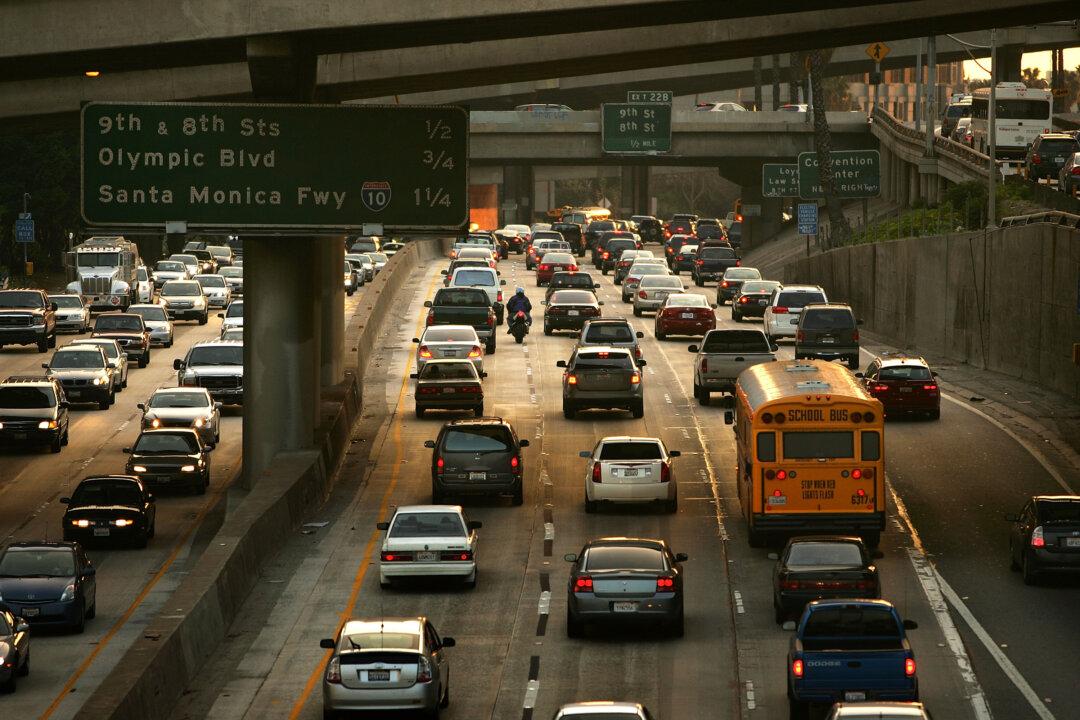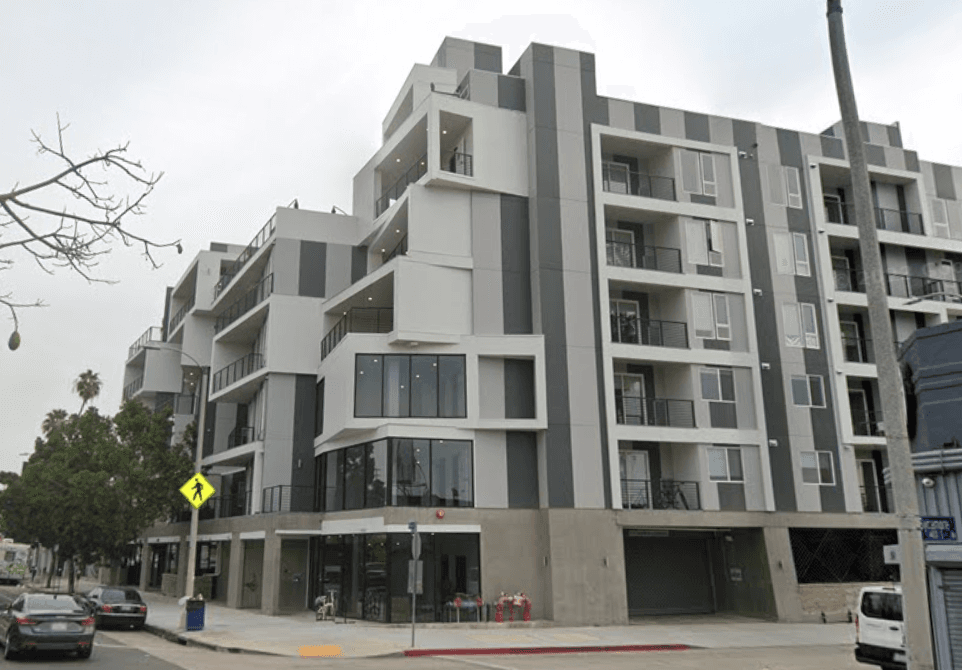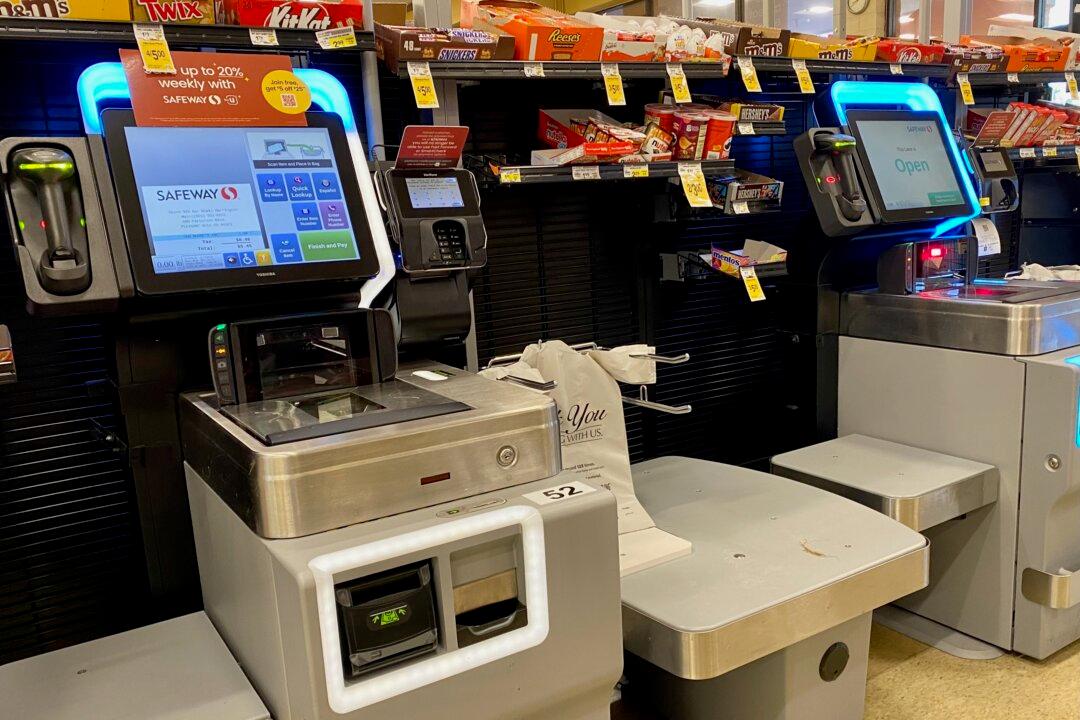Commentary
Los Angeles County voters in 2017 resoundingly approved Measure H, a landmark quarter percent increase to the county’s sales tax to address homelessness. It has not worked. Homelessness has become dramatically worse. When one hears what the City of West Hollywood is doing with their share of the funds, it is easy to see why.





